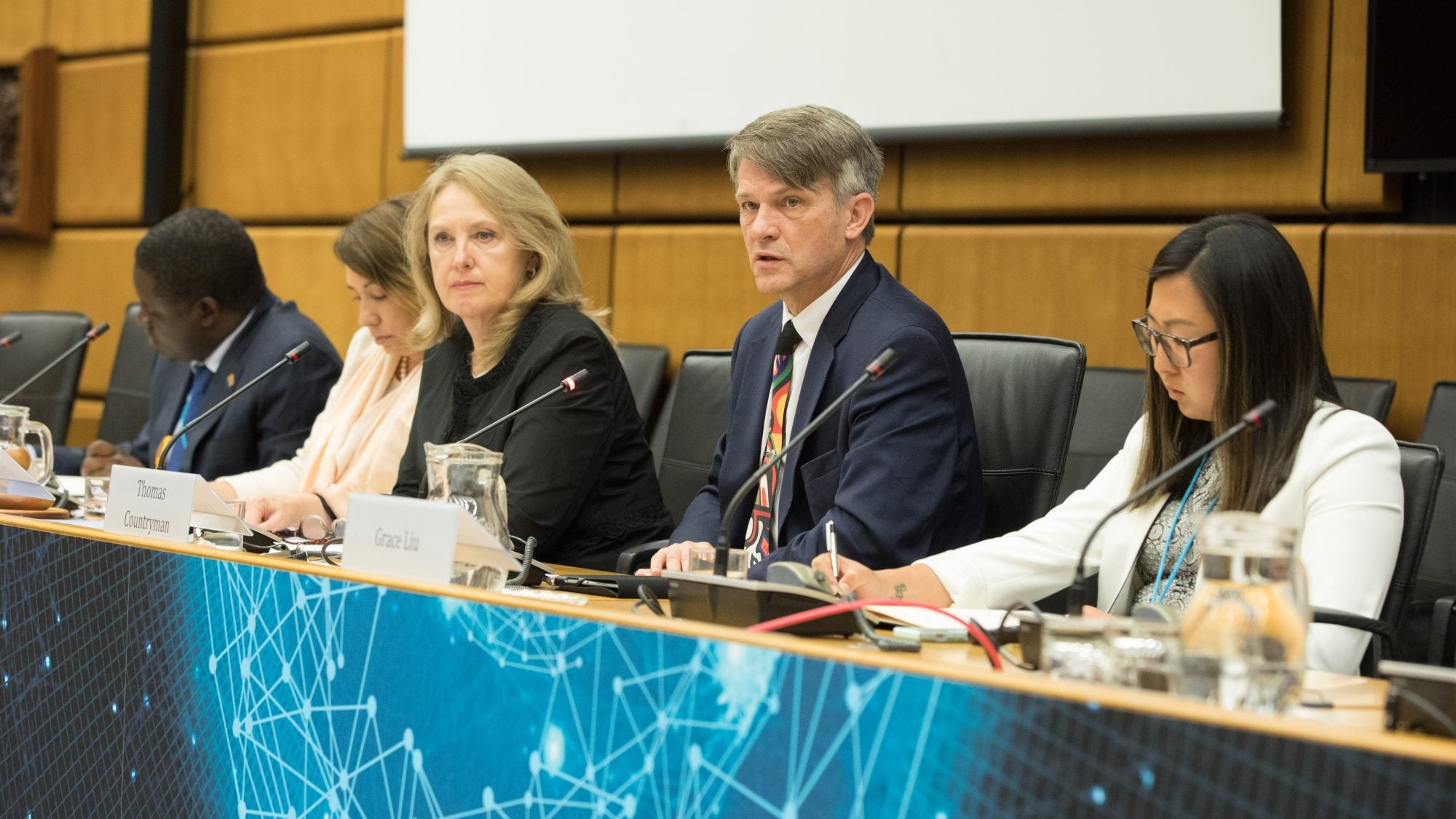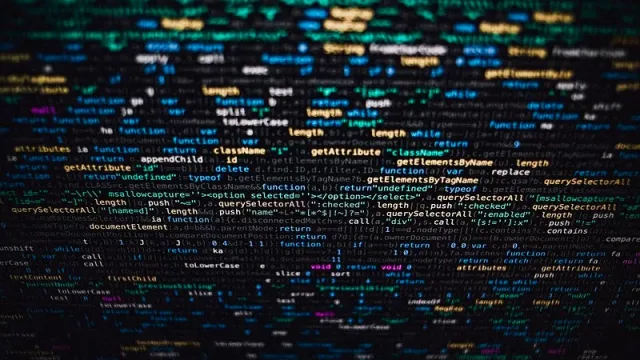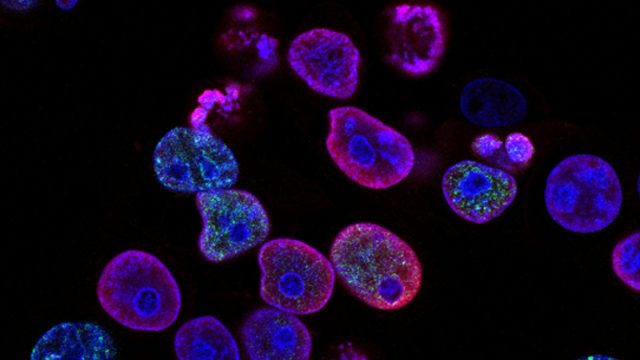
Title: Leveraging Science Diplomacy in Times of Conflict
War and conflict have profound effects on society, including the critical fields of science. The paper argues that scientific protectionism, which includes restricting international collaborations and open science, threatens innovation, international problem-solving, and the potential of science diplomacy. We must explore the complex interplay between science, state power, and the global good to understand the importance of maintaining international scientific cooperation and dialogue.
The Risks of Scientific Protectionism
The world of science is rapidly changing as geopolitical tensions intensify. The Russian war against Ukraine led the West to freeze academic relations and cut funding for Russian organizations involved in hundreds of projects, impacting various international scientific projects, such as work addressing climate change in the Arctic. In the Israel-Palestine context, scientists encounter a complex socio-political environment where taking sides or expressing views can have professional consequences that restrict academic freedom and research collaboration.
As conflicts and tensions surge, science and technology organizations are increasingly reducing their openness to the world, risking a trend toward scientific protectionism. Such protectionism claims that technological sovereignty aligns with state interests, restricts collaborations with scientists from autocratic regimes, limits open science and data sharing to protect national competitive advantage, and results in scientific sanctions.
In today’s highly volatile world, states must cautiously engage in scientific collaboration due to potential risks like dependence on foreign countries and dual-use technology. For example, reliance on another country for crucial technology augments vulnerability to supply chain disruptions. For this reason, the United States is investing an unprecedented $52 billion in domestic semiconductor manufacturing. Meanwhile, dual-use technology, which can be applied for both civilian and military purposes, risks the weaponization of scientific research. For instance, a Dutch-led artificial intelligence (AI) project that received funding from the Chinese firm Huawei triggered alarms due to its potential to monitor and control the Uygur people.
States must protect against these real concerns. However, in the face of adversity, there is often a knee-jerk tendency to sever all ties. When Nancy Pelosi visited Taiwan, Beijing temporarily halted all climate change cooperation with Washington. And when it surfaced that the Chinese spy balloon shot down over American airspace used American technology, US lawmakers pushed to shut down the Sino-American Science and Technology Agreement, which had been in place since diplomatic relations were normalized in 1979. While it was renewed, scientific cooperation between the world’s largest economies and greenhouse gas emitters was nearly completely suspended.
Scientific protectionism can slow the pace of innovation, weaken international problem-solving capabilities, and deprive researchers of the opportunity to work across borders on global challenges. It also undermines the potential of science diplomacy to foster channels for understanding and peace, as geopolitical tensions grow.
Leveraging Science for Diplomacy and Peace
Science has long provided a channel to build peace. From the use of medical science to solidify peace between the Egyptians and Hittites following the Treaty of Kadesh 1300 BC, to the collaborations at CERN (the European Organization for Nuclear Research) that helped heal the scars of World War II, to the handshake in outer space that relaxed Cold War tensions, science has long demonstrated its utility in peacekeeping and conflict mitigation. Science has also long been a vessel for soft power projection and public diplomacy. For example, many national pavilions showcase scientific accomplishments at the World Expos. At Dubai 2020, the US pavilion displayed a moon rock symbolizing American pioneering in outer space, while the Moroccan pavilion exhibited the country’s contributions to various scientific fields, including archeology and botany.
At the international organization level, science is recognized as an important channel for peace and trust building. The NATO Science for Peace and Security Programme ushers scientific cooperation between Alliance members and partner countries, while the UN Security Council’s recent meeting reflects a move towards an enhanced role for science in peacekeeping operations.
While not a panacea, scientific organizations can work towards smoothing tensions during the Israel-Palestine conflict. Initiatives like the Arava Institute, which fosters Israeli-Palestinian collaboration on environmental issues, highlight the unifying potential of science to transcend the political fray. The Middle East Entrepreneurs of Tomorrow (MEET) teaches computer science and entrepreneurship to Israeli and Palestinian students, promoting intellectual cooperation. Similarly, the Science Training Encouraging Peace (STEP) Program pairs Palestinian graduate students with Israeli counterparts. Because such efforts are often challenged by conflict, resilience and courage are often needed to maintain them.
The ongoing collaboration at the Synchrotron-Light for Experimental Science and Applications in the Middle East (SESAME) in Jordan between scientists from several countries including Iran, Israel, and Palestine further exemplifies scientific cooperation persisting amidst political turbulence. The synchrotron light source experiments conducted at SESAME have applications for materials science, biology, and medicine. However, perhaps the boldest development is the creation of a common ground where knowledge and progress transcend the political and cultural differences driven by conflict.
Scientists play significant roles within “track II diplomacy:” non-governmental (academic and scientific) actors facilitating dialogue and understanding outside official government channels (“track I”). The Oslo Accords are a prime example, as they established a framework for peace between Israel and the Palestine Liberation Organization (PLO) in the 1990s. Academics initially represented Israel at the Oslo talks, as government officials were restricted from engaging with Palestinian representatives. Despite the Accords not unfolding as anticipated, their initiation marked an important step in dialogue for peace and underscored the potential of scientific and academic channels to advance diplomacy.
The EU Science Diplomacy Framework currently has the potential to amplify the use of science and technology capabilities in mediating conflicts through soft power. This will represent a firm institutional anchoring of an often ad-hoc phenomenon.
A Future of Multilateralism
It is naïve to assume that science for the global good will save itself or that states will relinquish control over scientific systems that serve their interests. Yet, as Simon Anholt’s Good Country Equation highlights, states enhance their own security and standing by enacting policies with global benefits. Therefore, governments must invest in and advocate for a multilateral system supported by science for the global good is one way to do this.
This emboldened multilateral system should implement and scale up the proposal from the UN Advisory Board for Multilateralism (HLAB) to create a Science-Policy-Action Network (SPAN). This body should then tackle climate change, biodiversity loss, and pollution by offering actionable scientific recommendations to policymakers. Although it needs further development and advocacy, SPAN has the potential to be applied to mitigate the daunting array of other global challenges and help implement the UN 2030 Agenda.
To flourish, the multilateral system needs scientific knowledge and data that are findable, accessible, interoperable, and reusable (FAIR). Recommendations on open science from UNESCO and initiatives that codify freedom of knowledge, such as the European Union’s Fifth Freedom, should become diplomatic priorities. The European Union has enhanced research security, balancing openness with necessary restrictions to protect sensitive knowledge from misuse. The recent EU recommendation aims to maintain the flow of scientific knowledge while addressing risks, reflecting a strategic approach to safeguard both openness and security in research. Embedding these principles into a wider multilateral system stands to foster a robust environment for scientific collaboration that benefits both individual states and the global community.
Finally, in the current age, the national stage has expanded to include non-state actors geared towards issues beyond the remit of traditional diplomacy. Thus, scientists and researchers need to invigorate their diplomatic roles. NGOs, the private sector, and academic institutions must increase their engagement in diplomacy. These actors can bring innovation, resources, and diverse perspectives essential for tackling global challenges. For instance, the partnerships within the UN Secretary General’s Peacebuilding Fund have helped ease conflict in regions like the Lake Chad Basin by integrating a climate resilience approach (based on scientific data) into peacebuilding efforts.
Conclusion
Despite the complexities and challenges presented by the current geopolitical landscape, the imperative for sustained and open scientific collaboration remains paramount. As the world grapples with a daunting array of challenges, the need for a concerted, science-led approach is more crucial than ever. The global community must recognize the long-term benefits of investing in science diplomacy for the global good even as conflicts proliferate. This can and should be done not only as a means to advance national interests, but more importantly, as a strategic tool to foster international cooperation, peace, and the collective well-being of humanity.
Science has been predominantly utilized for the benefit of national economies or the acquisition of political power. However, imminent challenges like climate change require scientific input and policy actions at a global level. Therefore, a new global system governed by states and scientific communities is needed to promote sustainability and peacebuilding. Such a transition is possible but requires a commitment to multilateralism that incorporates global science diplomacy. This, in turn, necessitates limiting scientific protectionism and empowering scientists who are willing to drive this transformation.
. . .
Luk Van Langenhove is Professor Emeritus in International Affairs at the Brussels School of Governance. Prior, he held posts as Director of the United Nations University in Bruges and as Deputy Secretary-General of the Belgian Federal Ministry of Science Policy.
Eric Piaget is a researcher at the United Nations University’s Institute on Comparative Regional Integration Studies, as well as the Science Diplomacy Coordinator for the EUTOPIA European university alliance. Along with Professor Van Langenhove, he chaired the presidency of the EU Science Diplomacy Alliance for the latter half of 2022.
Image Credit: Wikimedia Commons
Recommended Articles

This article examines the EU’s cyber diplomacy in Moldova’s parliamentary elections from September 28, 2025, which marked a new chapter in the bloc’s cyber diplomacy. Drawing on analysis of Russian…

Export controls on AI components have become central tools in great-power technology competition, though their full potential has yet to be realized. To maintain a competitive position in…

The Trump administration should prioritize biotechnology as a strategic asset for the United States using the military strategy framework of “ends, ways, and means” because biotechnology supports critical national objectives…